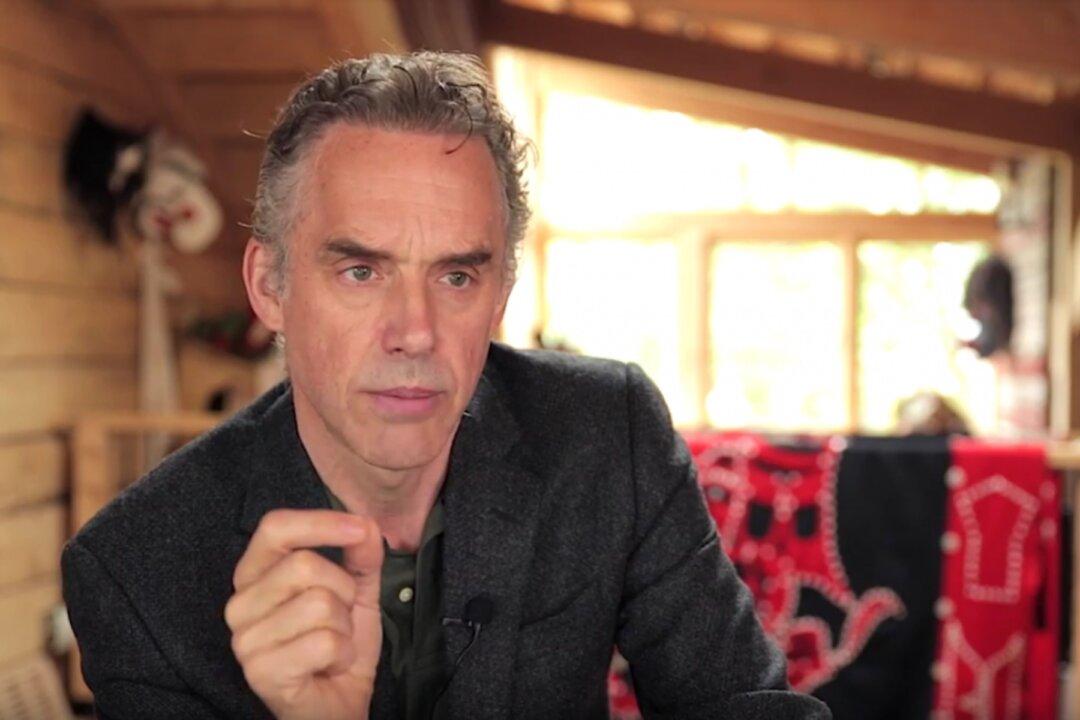Commentary
A new court ruling in Ontario has set a troubling precedent that could put all professionals in the province at risk of censure for making online political comments completely unrelated to their work.

A new court ruling in Ontario has set a troubling precedent that could put all professionals in the province at risk of censure for making online political comments completely unrelated to their work.